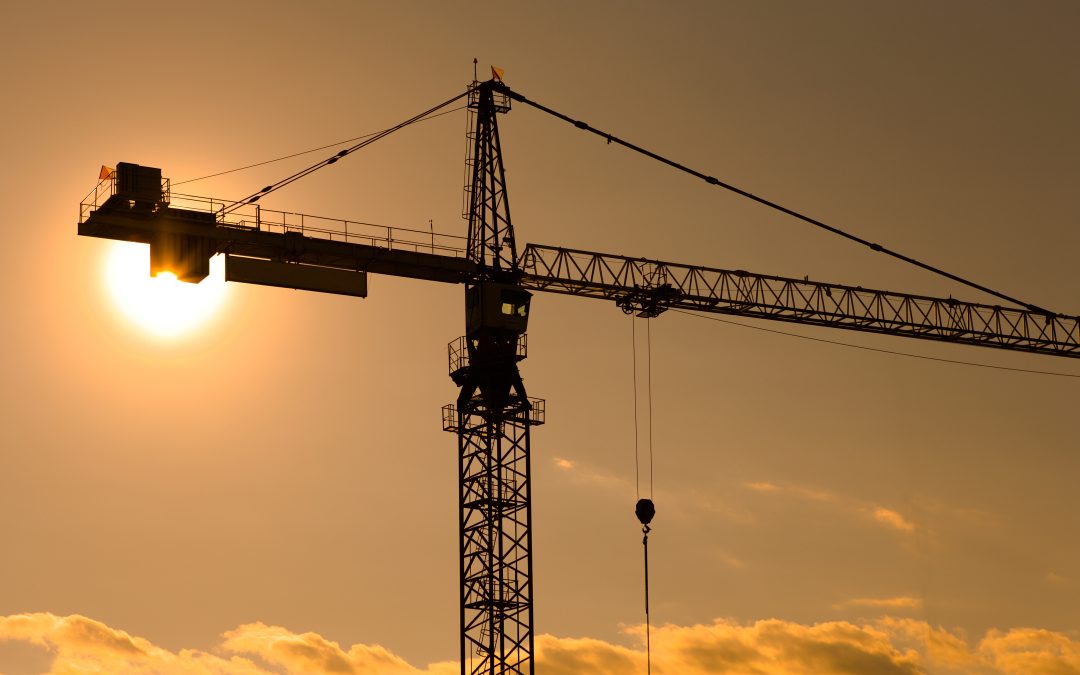The construction industry is the backbone of our society, responsible for building the homes, schools, hospitals, and infrastructure that we rely on every day. However, beneath the hard hats and high-visibility vests lies a workforce grappling with unique mental health challenges that often go unnoticed.
The High-Stress Environment
Construction work is inherently stressful. The nature of the job demands precision, speed, and physical endurance. Workers often face tight deadlines, long hours, and the pressure to complete tasks efficiently, all while maintaining safety standards. The constant need to meet project timelines can lead to high levels of stress, which, if unaddressed, can escalate into more serious mental health issues like anxiety and depression.
Physical Strain and Mental Health
The physical demands of construction work are immense. Workers are often required to lift heavy materials, operate dangerous machinery, and work in challenging environments, such as extreme weather conditions or high altitudes. The toll this takes on the body is significant, and chronic physical pain is common. This physical strain can exacerbate mental health issues, as chronic pain is closely linked to conditions such as depression and anxiety.
Job Insecurity and Financial Pressures
The construction industry is highly cyclical, with job availability fluctuating based on economic conditions and seasonal demands. Many workers face job insecurity, with contracts often being short-term or project-based. This uncertainty can lead to financial stress, especially when workers are unsure of where their next paycheck will come from. The fear of unemployment and financial instability can contribute to anxiety, depression, and other mental health challenges.
Isolation and Loneliness
Construction work can be isolating, especially for those working in remote locations or on projects far from home. Workers may spend weeks or even months away from their families, leading to feelings of loneliness and social isolation. The lack of social support and regular contact with loved ones can take a toll on mental well-being, increasing the risk of depression and other mental health issues.
Stigma and the “Tough Guy” Culture
A significant barrier to addressing mental health in the construction industry is the stigma surrounding it. The industry has long been associated with a “tough guy” culture, where workers are expected to be strong, resilient, and unemotional. This culture discourages workers from speaking out about their mental health struggles, fearing that they will be perceived as weak or incapable. As a result, many workers suffer in silence, unable to seek the help they need.
Substance Abuse
The mental health challenges faced by construction workers are often compounded by substance abuse. The industry has higher rates of substance use compared to other sectors, with alcohol and drugs sometimes used as coping mechanisms for stress, pain, or mental health issues. This not only exacerbates existing mental health conditions but also creates a dangerous work environment, increasing the risk of accidents and injuries.
Moving Forward: Addressing Mental Health in the Construction Industry
To tackle these mental health challenges, it is crucial for the construction industry to foster a culture of openness and support. Employers can play a key role by:
- Raising Awareness: Educating workers about the importance of mental health and the resources available to them.
- Providing Support: Offering mental health programs, employee assistance programs (EAPs), and access to counseling services.
- Encouraging Communication: Creating a work environment where workers feel safe to speak openly about their mental health without fear of judgment or repercussions.
- Promoting Work-Life Balance: Implementing policies that encourage work-life balance, such as reasonable work hours and time off, to reduce stress and prevent burnout.
- Training Supervisors: Equipping supervisors with the skills to recognize signs of mental distress in their teams and respond appropriately.
The mental health challenges in the construction industry are significant, but they are not insurmountable. By acknowledging these issues and taking proactive steps to address them, we can create a healthier, safer, and more supportive environment for all construction workers.

